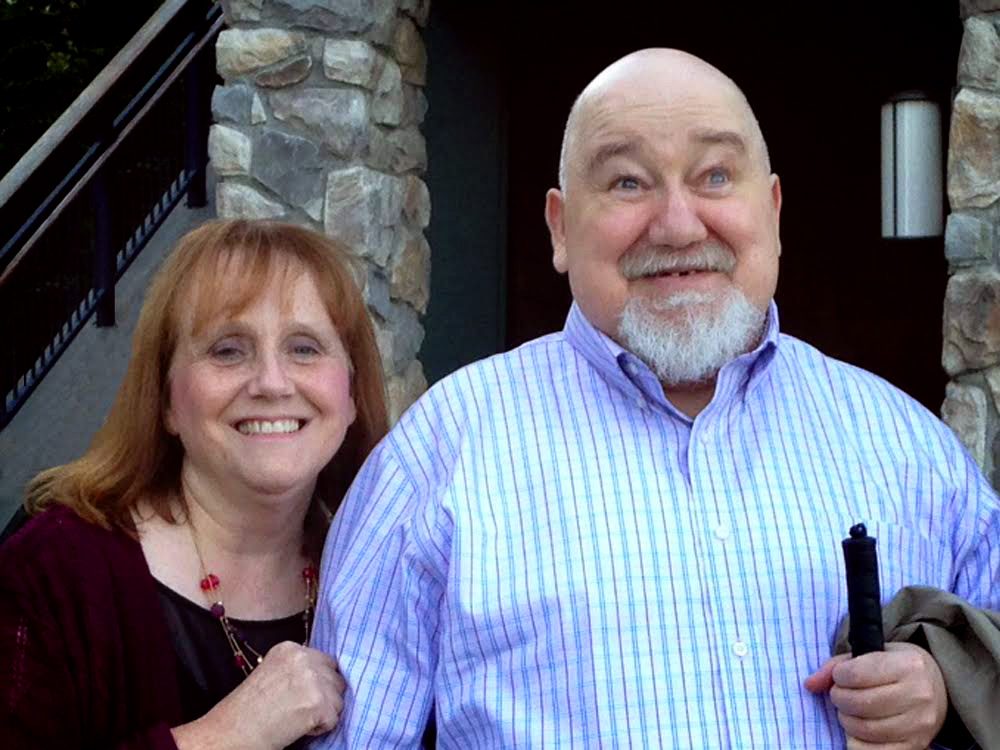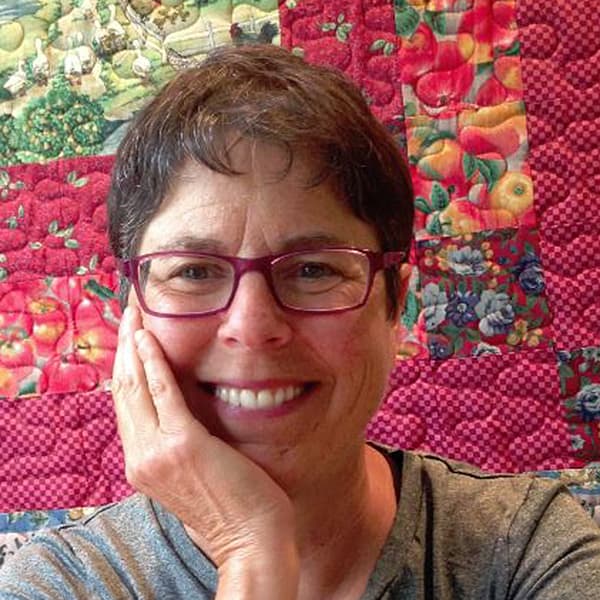Advertisement
Larry Robillard Refused To Let His Blindness Define Him
Resume
Larry Robillard was 8 when he was diagnosed with insulin dependent diabetes.
The boy didn't live gently with illness — didn’t want a different snack time from other kids, didn’t want insulin injections. In return, diabetes didn't live gently with him. When Larry was in his 20s, a student at UMass, he went blind.
He met blindness with ingenuity. His sister, Jean Zack, read college textbooks into a tape recorder for him. He learned about guide dogs, took cooking classes, continued to bowl. When there were two eventual and adored children, Larry diapered and strolled them — and though he couldn’t lay seeing eyes on them, he never forgot what it was to see. After his daughter was born, he asked Jean to describe her.
"He would always wanna know what people look like," Jean said. "Like if he was in the hospital, he'd say 'What did that nurse look like?' He would do that constantly."
Larry took care of others. He worked in schools for a while, then as a mental health counselor in a group home, then as one of the directors. Memorizing — phone numbers, button locations on a CD player, the number of steps to take — made independence possible, but also dangerous.
"He would memorize how many doors there were to his doctor’s office” Jean remembered. “Well, he was off one door, I guess, one day. He opened the door and he fell down the stairs and he broke both his arms, his clavicle. He was in the hospital for a long time, I think at least a month, and then he was in rehab."
The diabetes-driven health problems multiplied — he needed open heart surgery, and eventually dialysis — which led to lots of time in hospitals.
"He found out there was a sign over his bed one time that said he was blind," Jean said. "He did not like that at all, he did not want that over his bed, you know, he wanted to be treated just like anyone else."
Back in his apartment, filled with the jazz music he loved, he devised systems to tell one medication bottle from another: a single rubber band around this one, two around that. There was a tool for measuring insulin, too — staples taped to a stick, like a textured ruler. They were strategies for an autonomous life.
“You forget that he’s constantly in total darkness” Jean said, “even though I’d been around him for years and years. And this one night we were leaving his apartment and we would turn on the lights when we were there for us but he didn’t need the lights on, and we were leaving the apartment and it was at night and everything went pitch black and it just made me realize, his whole life was in constant darkness.”
For 40 years, Larry lived in optical darkness, but at the same time, in spirited light.
To suggest a loved one for remembrance, email remember@wbur.org.
This segment aired on October 26, 2016.
